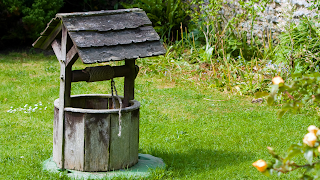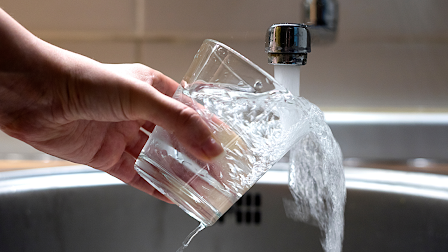The Difference Between Dug, Driven, and Drilled Wells.

If you have a private water well for drinking water, then it falls into one of these three types: dug, driven, or drilled. Take a look at what the difference between these wells are, and some key things you should know about them. Dug Wells Dug wells are dug by shovel or backhoe before being lined with a casing to prevent the well from collapsing. This casing is typically made of stone, brick, or tile, but other materials can be used. These wells have a much wider diameter than the other two and are relatively shallow in comparison, stopping around 30 feet deep. These are what you likely imagine an old well looks like, with a bucket and rope or chain used to draw water. These wells work by digging below the water table so that the well is filled to the same level as the water table. Dig deeper and the well will completely fill or even overflow. Driven Wells Driven wells are created by driving pipe into the ground, ending around 50 feet deep. These wells are cased continua


